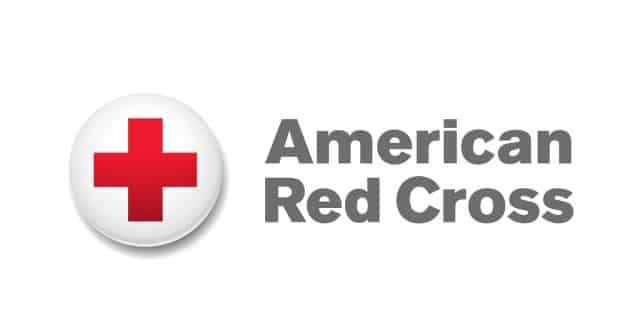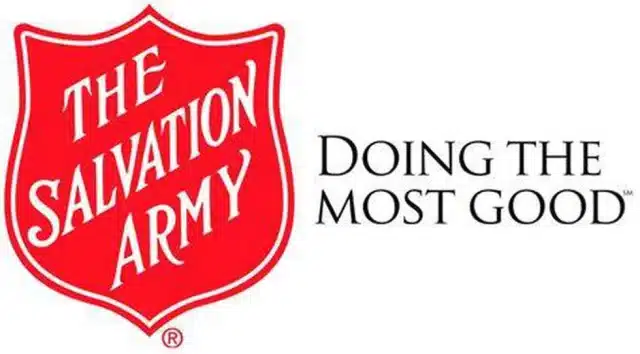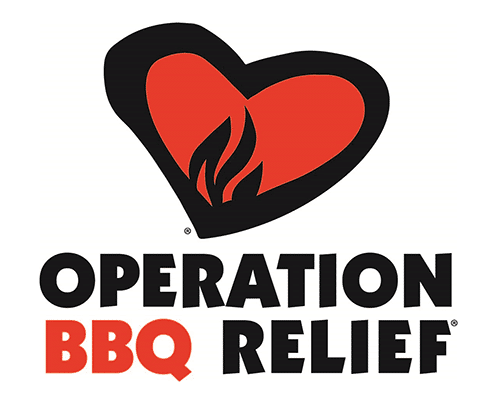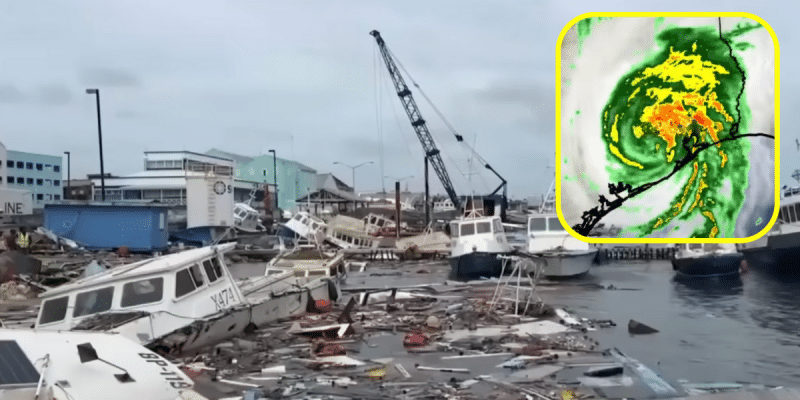Hurricane season is officially underway as the first major tropical storm of 2024, Hurricane Beryl, made landfall in Texas.
The threat forced many families to take precautions ahead of the Hurricane Beryl’s impact, but some chose to ride out the storm.
“History teaches that a lack of hurricane preparedness and awareness are common threads among all major hurricane disasters. By knowing your vulnerability and what actions you should take, you can reduce the effects of a hurricane disaster,” according to the National Weather Service.
RELATED: SEE THE LIST OF HURRICANE NAMES FOR 2024
For those who have decided to remain in the hurricane’s path, there are ways to be prepared, including informing yourself of warning signs and critical information about the storm. It is also important to properly supply yourself with important items that could help you, your family and neighbors survive following the storm if there are lengthy power outages, food shortages and more.
Check out 15 must-have supplies below (per FEMA and BePrepared.com):
1. Water: The most important item to have during a hurricane is water. Drinking water quickly sells out at grocery stores during natural disasters, so have plenty on hand whenever possible. Allow 1 gallon per person per day for 2 weeks in addition to water for cooking, cleaning, and watering pets.
2. Food Storage: Have enough non-perishable packaged or canned food on hand to last at least 3 to 7 days.
3. Waterproof Containers: Storing important documents such as family photos, insurance and license information, maps, social security cards, etc. in waterproof containers is a lot easier than trying to replace these items should they be lost or damaged.
4. Cash: Have cash on hand in small denominations.
5. Manual Can Opener: Make sure to have a manual can opener to open canned food in case of power outages.
6. Waterproof Matches: If waterproof matches can’t be found, store regular matches in a plastic container, such as a pill bottle, to keep them dry.
7. Essential Kits and Medications: Have a first-aid kit on hand that includes tweezers, bandages, antibiotic cream, gauze, medical tape, etc. Make sure you have all of your prescription medications together and in a waterproof bag or container that can be reached quickly and easily in case of evacuation.
8. Sanitation Supplies/Personal Hygiene Items: Poor sanitation can quickly spread disease, especially in the midst of a pandemic. Have water available for hand washing as well as hand sanitizers and gloves. Only bathe with clean, safe water in a water-related emergency like a hurricane. Wait for officials to tell you the water is clean and safe for bathing.
9. Light and Communication: Make sure to have a battery-operated radio, flashlight, clock or wind-up clock and extra batteries. Local news radio stations or a NOAA weather radio will provide constant updates on the storm and water conditions.
10. Extra Clothes, Pillows, Blankets: Store these items in a waterproof container.
11. Entertainment items: Cards, board games, and toys are a great distraction for little ones who may be anxious about an impending storm or who are bored when there is a power outage.
12. Evacuation Plan: Gather your family and practice your plan before a storm hits. Also consider making a plan in case you and your loved ones are separated during evacuations and/or rescues.
13. Plastic Sheeting/Tarps: Plastic sheeting or tarps can be used to temporarily cover any holes or damage to your roof following a storm. Heavy winds can easily damage tarps, so invest in good quality tarps. Plastic sheeting with a bit of duct tape is also great for patching leaks.
14. Insect Repellent: This is a product that is good to have around, especially in a hurricane. Mosquitos and other insects are attracted to sitting water and often cause an uncomfortable and itchy problem after flooding occurs.
15. Child Care and Pet Care Items: Make sure to have food, wipes, clothing, and other items to take care of your children and pets, if needed.
Other miscellaneous items often mentioned by hurricane survivors include the following: Headlamps, lanterns, batteries, solar lamps, insulated coolers, extension cords, garbage bags, work gloves, folding chairs, fire extinguishers, and paper goods.
Many Americans who are not in the path of the storm are looking for ways to help those affected.
Those in other parts of the country who have access to any of the items listed above may purchase them and have them sent to affected areas. Many states are sending disaster relief through churches and other organizations, so watch for local calls for action so you can donate much-needed items.
While the National Guard has been deployed and is standing by to offer aid, other national organizations crucial to relief efforts are also en route. See some of those organizations below and click on the links provided to donate to their hurricane relief efforts.
AMERICAN RED CROSS
The American Red Cross sets up much-needed shelters for those displaced from their homes in times of crisis. To donate, visit redcross.org, call 800-RED-CROSS, or text the word REDCROSS to 90999 to make a $10 donation today.

SALVATION ARMY
The Salvation Army sends trained emergency response teams to affected locations to provide meals, water, and other services to first responders and survivors.
Donate to the Salvation Army HERE.

OPERATION BBQ RELIEF
Armed with a caravan of cooks, mobile pits, kitchens and volunteers, Operation BBQ Relief “delivers the healing power of BBQ in times of need.” Their team of cooks, mobile pits, kitchens and volunteers feed first responders and communities affected by natural disasters.
To donate to Operation BBQ Relief, click HERE.



